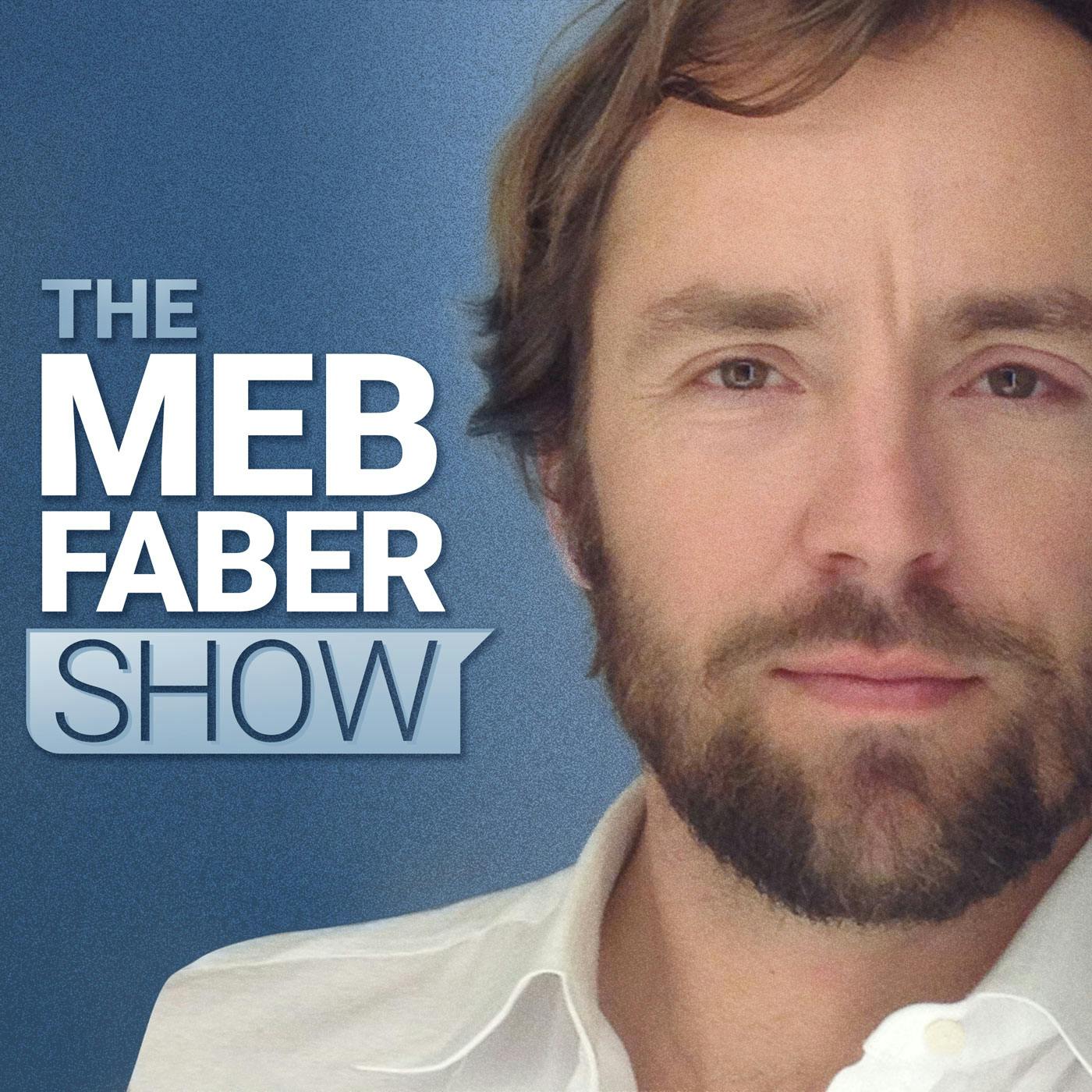- Business
- Investing
- SEE MORE
- classical
- general
- talk
- News
- Family
- Bürgerfunk
- pop
- Islam
- soul
- jazz
- Comedy
- humor
- wissenschaft
- opera
- baroque
- gesellschaft
- theater
- Local
- alternative
- electro
- rock
- rap
- lifestyle
- Music
- como
- RNE
- ballads
- greek
- Buddhism
- deportes
- christian
- Technology
- piano
- djs
- Dance
- dutch
- flamenco
- social
- hope
- christian rock
- academia
- afrique
- Business
- musique
- ελληνική-μουσική
- religion
- World radio
- Zarzuela
- travel
- World
- NFL
- media
- Art
- public
- Sports
- Gospel
- st.
- baptist
- Leisure
- Kids & Family
- musical
- club
- Culture
- Health & Fitness
- True Crime
- Fiction
- children
- Society & Culture
- TV & Film
- gold
- kunst
- música
- gay
- Natural
- a
- francais
- bach
- economics
- kultur
- evangelical
- tech
- Opinion
- Government
- gaming
- College
- technik
- History
- Jesus
- Health
- movies
- radio
- services
- Church
- podcast
- Education
- international
- Transportation
- Other
- kids
- podcasts
- philadelphia
- Noticias
- love
- sport
- Salud
- film
- and
- 4chan
- Disco
- Stories
- fashion
- Arts
- interviews
- hardstyle
- entertainment
- humour
- medieval
- literature
- alma
- Cultura
- video
- TV
- Science
- en
Rob Arnott - "People Need to Ratchet Down Their Return Expectations" | #18

b'Episode 18 is packed with value. It starts with Meb asking Rob to talk about market cap weighting and its drawbacks.\\xa0Rob tells us that with market cap weighting, investors are choosing \\u201cpopularity\\u201d as an investment criterion more so than some factor that\\u2019s actually tied to the company\\u2019s financial health. What\\u2019s a better way? Rob suggests evaluating companies based on how big they are instead (if you\\u2019re scratching your head, thinking \\u201csize\\u201d is the same as \\u201cmarket cap,\\u201d this is the episode for you). Is this method really better? Well, Rob tells us it beats market cap weighting by 1-2% compounded. Then Rob gives us an example of just how destructive market cap weighting can be: Look at the #1 company in any sector, industry, or country \\u2013 you name it \\u2013 by market cap. Ostensibly, these are the best, most dominant companies in the market. What if you invest only in these market leaders, these #1 market cappers, rotating your dollars into whatever company is #1? How would that strategy perform? You would do 5% per year compounded worse than the stock market. Now slightly tweak that strategy. What if you invest only in the #1 market cap company in the world, rebalancing each year into the then-#1 stock? You\\u2019d underperform by 11% per annum. Meb then moves the discussion to \\u201csmart beta.\\u201d Why is Rob a fan? Simple \\u2013 it breaks the link with stock price (market cap), enabling investors to weight their portfolios by something other than \\u201cwhat\\u2019s popular.\\u201d But as Rob tells us, there are lots of questionable ideas out there masquerading as smart beta. The guys then dive into valuing smart beta factors. Just because something might qualify as smart beta, it doesn\\u2019t mean it\\u2019s a good strategy if it\\u2019s an expensive factor. Next, Rob and Meb turn their attention to the return environment, with Rob telling us \\u201cPeople need to ratchet down their return expectations.\\u201d All of these investors and institutions expecting 8-10% a year? Forget about it. So what\\u2019s an investor to do? Rob has some suggestions, one of which is looking global. He\\u2019s not the perma-bear people often accuse him of being. In fact, he sees some attractive opportunities overseas. Next, Meb asks Rob about the idea of \\u201cover-rebalancing.\\u201d You\\u2019ll want to listen to this discussion as Rob tells us this is a way to amp up your returns to the tune of about 2% per year. Next up? Correlation, starting with the quote \\u201cThe only thing that goes up in a market crash is correlation.\\u201d While it may seem this way, Rob tells us that we should be looking at \\u201ccorrelation over time\\u201d instead. Through this lens, if an asset class that normally marches to its own drummer crashes along with everything else in a major drawdown, you could interpret it more as a \\u201csympathy\\u201d crash \\u2013 selling off when it shouldn\\u2019t; and that makes it a bargain. Does this work? It did for Rob back around \\u201908/\\u201909. He gives us the details. There\\u2019s way more, including viewing your portfolio in terms of long-term spending power rather than NAV, the #1 role of a client advisor, and even several questions for Rob written in by podcast listeners. What are they? Listen to Episode #18 to find out.\\nLearn more about your ad choices. Visit megaphone.fm/adchoices'